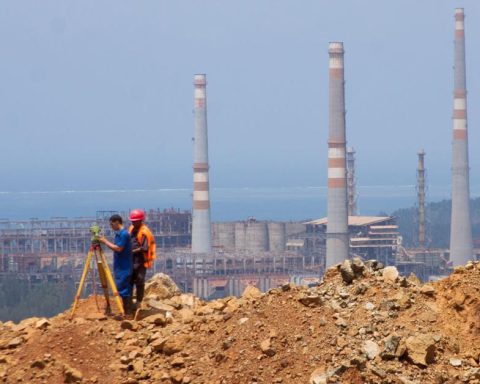Havana/This Thursday, Cuba broke a new absolute record for maximum temperature by registering 40.1 degrees Celsius in Jucarito, a town in the province of Granma, a value considered the highest in its history by the Island’s Climate Center.
The marked influence of high pressure, strong solar radiation, low cloud cover and weak winds led to this new record for Jucarito, the province and the Island, reported the state media Cubadebate.
Jucarito, a territory that in recent years has reported high temperatures, broke its own previous record on this day, when the thermometer of that territory’s meteorological station marked 39.2 degrees Celsius on April 11, 2020.
The prelude to this new rise was reported the day before with 38.6 degrees Celsius in that eastern town, and on March 17 with 38.9 degrees Celsius.
According to the Climate Center of the Institute of Meteorology (Insmet), March 2024 has been the warmest in Cuba, taking as reference the highest temperature recorded.
Veguitas, in Granma, and Indio Hatuey, in Matanzas, also show a tendency towards a marked rise in temperatures.
Other Cuban territories that show a tendency towards a marked rise in temperatures above their typical values are the towns of Veguitas, also in Granma, and Indio Hatuey, in the western province of Matanzas, with 39.3 degrees Celsius.
According to studies by the Ministry of Science, Technology and Environment (Citma), projections for the country in the face of the effects of global warming predict that the increase in the average annual temperature will be above one degree Celsius in 2030 and will be 3 .5 degrees in 2070, taking the period 1961-1990 as a reference.
These estimates exceed the 1.5 established by the international community to combat climate change, an increase set in the Paris Agreement as a limit to avoid the most catastrophic consequences of global climate variation on the planet.


















